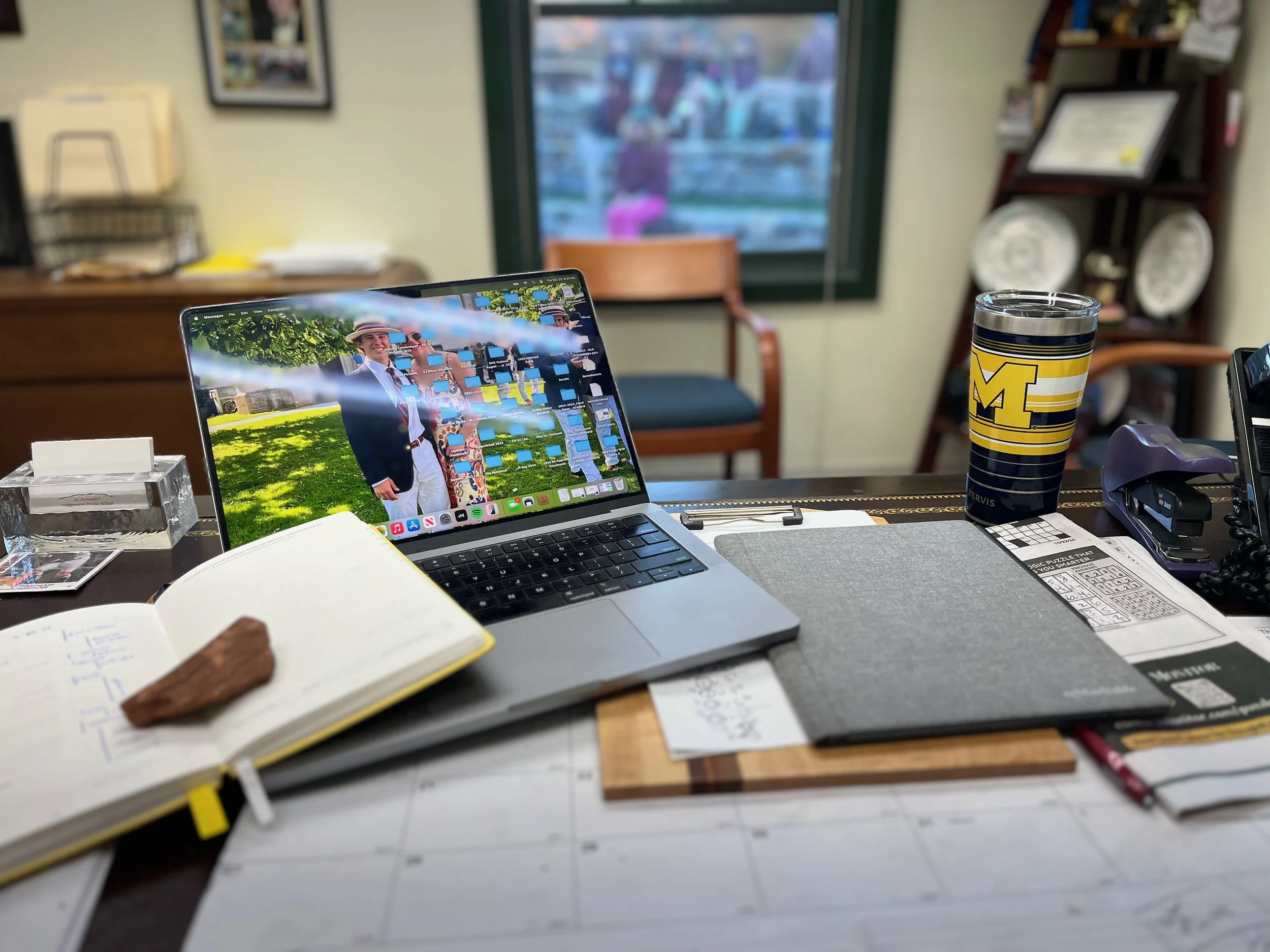The Beech Hill School is fortunate to have strong leadership and guidance from the Board of Directors. As the School emerges from the pandemic and moves forward in its second decade, the Board has identified the need to revise the mission and the vision of the School. In doing so, they have helped to bring into sharp focus those things that make The Beech Hill School such a uniquely amazing place. Specifically, the revised mission has clearly articulated that at The Beech Hill School, we provide our students opportunities for autonomy and adversity.
For those that crave rigid structure and order, autonomy and adversity is unsettling. Providing adolescents – notorious for making poor choices – the freedom and ability to make choices, seems destined for tragedy – hence adversity. Those that are more controlling might be more comfortable in a more command and control environment. At BHS, however, our students learn and grow from the choices they make and managing the results of those choices. To be sure, we don’t abdicate our role to guide, to support, and in cases of real danger, to limit choices. Overall, however, we allow our students to get involved in the messy thing called life.
For example, next week we will be holding our first dance of the year. While this may seem very straightforward, there are many choices that must be considered when holding a dance – what is the dress code, what about guests, who is bringing decorations – and on it goes. As guided by the mission, I let the students gather by themselves at lunch to try to figure out these details – autonomy. As one could guess, that meeting devolved, and it soon became apparent that they thought that the loudest voice might be the one that would be heard – adversity. The next day at Community, I noted the challenge the students faced in trying to make these decisions on their own. As such, I invited all interested students to my office for lunch, and helped guide them through an organizational meeting. In short time, we realized that there was much more that they agreed on, and with some guidance quickly came to consensus.
It could have been much more efficient to manage this differently. At BHS, however, the process is as useful as the outcome. We will likely have additional dances this year, and I will again provide the autonomy for the students to make the event happen. It is my hope that they will have learned from their experiences planning this dance.
Optimism is not in our mission, but it is a prerequisite for leading a middle school!

